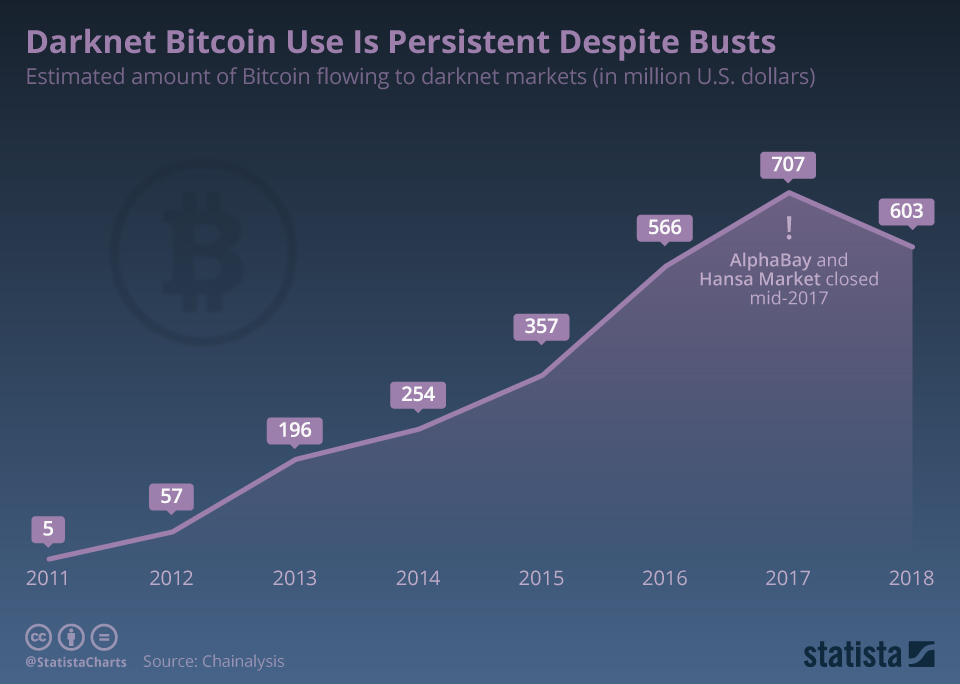The Economics of Intrigue: The Way Dark Web Marketplaces Function

The digital age ushered in a variety of new platforms, but few are as mysterious and debated as the dark web markets. Concealed from the prying eyes of normal browsing, these platforms thrive in the depths of the internet, frequently engaging in business that challenges lawful and ethical boundaries. Cryptocurrencies like Bitcoin allow cloak and dagger operations the capacity to flourish, enabling users to purchase and trade everything from artwork to illegal substances with a level of anonymity that conventional markets do not possess.
Exploring the dark web is not for the timid. The darknet, as it is frequently called, requires specialized software to access, and even so, it poses many risks, including frauds and legal consequences. The appeal of these concealed platforms lies not only in the accessibility of rare items but also in the feeling of community they encourage among users who share a distrust of the typical internet. This piece explores the intricate workings of dark web markets, looking into how they operate, the environment that envelops them, and the consequences for those who choose to engage in this covert economy.
Comprehending the Dark Web
The dark web refers to a segment of the web that is not indexed by traditional search engines, which makes it accessible exclusively through specialized software and configurations. Typically, users navigate it via the Tor network, which conceals their online actions and allows for both privacy and, in numerous instances, illicit behaviors. This covert space hosts a plethora of marketplaces, forums, and communication platforms that enable various activities, both legal and illegal.

One of the most striking aspects of the dark web is its use for private transactions. Users often take part in the buying and selling of goods and services that are hard or impossible to find on the surface web, including controlled substances, weapons, hacked information, and counterfeit currency. Cryptocurrencies like Bitcoin are frequently utilized in these transactions to enhance anonymity, offering a layer of protection for both buyers and vendors. This financial aspect has led to a intricate ecosystem where trust and reputation play vital roles in market dynamics.
While the dark web is often associated with illegal activities, it is also a space for free expression, particularly in regions where censorship is prevalent. Advocates, journalists, and whistleblowers frequently use dark web tools to share safely and share information without worry of retribution. This duality underscores the shadow web's multifaceted nature, existing as a sanctuary for certain freedoms while concurrently being a platform for nefarious dealings.
This Economics of Dark Web Marketplaces

Darknet markets operate within a unique economic framework that differs significantly with traditional marketplaces. Such platforms primarily thrive on privacy, facilitated by tools like the Tor network that hide user identities and locations. The need for confidentiality often arises due to the illegal nature of many items and services exchanged, such as drugs, weapons, and hacked information. This environment creates a demand-driven economy where sellers are able to determine prices based on the perceived risk associated with their products and the anonymity of their buyers.
The market competition in these markets is driven by a varied range of vendors, each striving to gain buyers' attention through reviews, product quality, and price tactics. Vendors often utilize escrow services to instill trust among buyers in spite of the inherent uncertainties of online deals. Additionally, cryptocurrencies play a crucial role in the dark web, as they provide an extra layer of anonymity and security, which enhances sales and transactions beyond conventional banking systems. dark market list
Despite their illegal nature, darknet markets show traits similar to permitted markets, including demand and supply principles, marketing strategies, and client service methods. Some vendors invest in sophisticated logistics to ensure timely delivery of products, while some focus on building reputation through reliable positive interactions with buyers. Overall, the financial aspects of these marketplaces demonstrate a complex interplay of anonymity, risk, and competition that shapes how they function and evolve.
Dangers and Legal Implications
Involvement with illicit web markets carries serious risks for individuals. Buyers may encounter frauds, receiving counterfeit goods or nothing at all after payment is made. Furthermore, personal data can be vulnerable to malicious actors, leading to identity theft or monetary fraud. The anonymity that dark web markets offer can quickly be compromised, putting users at risk.
The legal implications of participating in these markets can be severe. Many goods and services traded on the darknet, such as illicit drugs, weapons, and stolen data, are prohibited by law. Law enforcement agencies actively watch these platforms, employing sophisticated techniques to identify users. Individuals caught buying or selling prohibited items can face substantial fines and criminal charges, with potential prison sentences depending on the seriousness of the offense.
Additionally, even if a person does not participate in illegal activities directly, merely accessing dark web markets can lead to unwanted legal attention. In many jurisdictions, this can raise suspicion and prompt investigations. Therefore, the potential consequences of investigating these markets extend beyond the immediate actions taken, affecting ongoing personal and professional lives.
